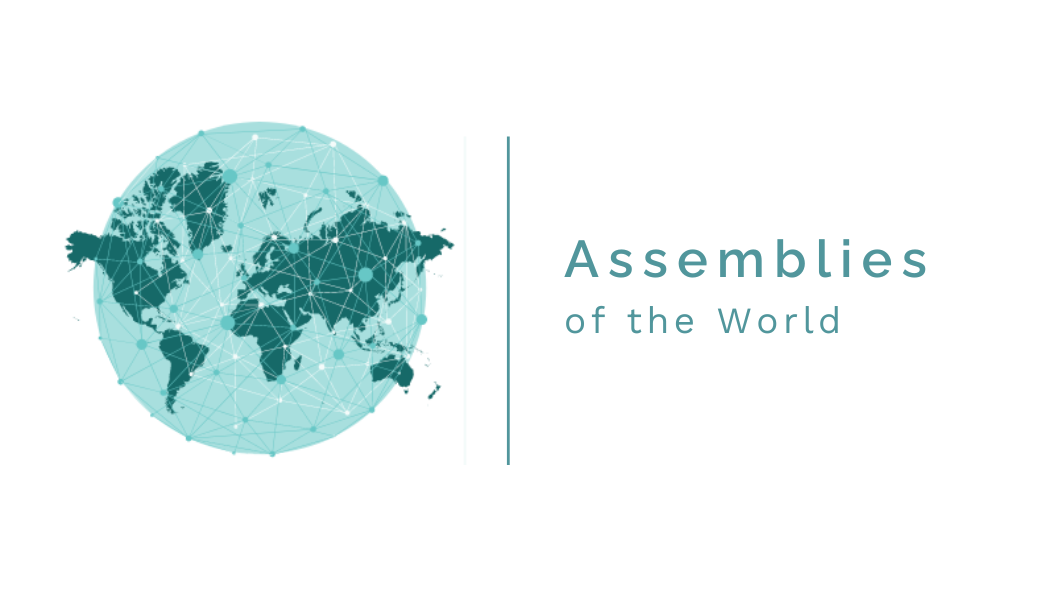How to set up an assembly
For society not self

A local Community Assembly at grass-roots is a group of people from the same city, town or village covering each of the Regional Assembly areas where needs are assessed and decision-making takes place for the benefit and highest good of the community.
Setting up a local Community Assembly starts with a group of three Local Assembly Facilitators who represent the views of local people and work on their behalf in the local area.
The most important part of the Community Assembly structure is the members of the community. All members of the community are therefore entitled to attend local Community Assembly meetings and it is up to the Community Assembly Facilitators to sort out how that is going to be handled.
If thousands of people turn up to a Local Assembly meeting over a particularly contentious subject then the Facilitators will need to be aware of the best way to handle it. Any decision which cannot be handled at a local level is passed to the Regional Community Assembly or Community Assembly Hub where the matter will be dealt with or passed to the National Community Assembly.
All decisions need to be recorded whether at Local, Regional, National or the level of the British Isles and collated. Likewise all decisions taken at the national level will need to be passed back through the system so that each Local Community has access to all of the information at all times.
The Community Hubs or Regional Assemblies are the glue which holds the whole system together as they will be dealing with and coordinating the efforts of many Local Assemblies which could number in the thousands. It is essential that both workable and failed projects are recorded and the information passed on to others so as to obviate duplication.
Attributes of a facilitator
The following attributes are demonstrated by successful community facilitators:
- Neutral position within the community
- Good communication and presentation skills
- Good understanding of the Code of Ethics, Declaration and overall objectives
- Observant, objective and patient
- Prepared to listen to suggestions and provide rational answers and suggestions
- Trusted to be honest with everyone and is seen to be so
- Has the ability to manage the pace and scale of implementation without cutting corners
- Enabling everyone to take part in the decision-making process
- Mentoring and coaching skills (helpful but not essential)
It is important to locate and encourage Elders in the community to take part, especially for their wide range of life skills and experience. Elders may also have a lot more time (and patience) that they are willing to contribute, especially in the setting up phase.
The main purpose of local Community Assemblies is to provide support for the community which is reiterated in the role of Community Assembly Facilitators. Community Assembly Facilitators work for and on behalf of the community, not the self. In these times of unprecedented change, great demands will be placed on local Community Assemblies and their respective facilitators to hold the line and keep pressing on forwards. This will require new ways of working and mentoring new members in a way that is helpful and encouraging rather than top-down and autocratic. There are no leaders in Community Assemblies and no hierarchy with specialised titles.
It is essential that all Community Assembly members work as a team so that they can support each other through all eventualities and build trust through open communication.
In terms of the wider objectives of the Community Assembly of the British Isles, local Community Assemblies are encouraged to share knowledge and expertise. A key role for facilitators is to liaise with members of their own Community Assembly and with their Regional Assembly and National Assembly as required.
Facilitators are also required to maintain healthy cooperation with other Local Community Assemblies by attending meetings, sharing resources and working on ideas for continuous improvement. The most efficient way to do this is through a combination of face-to-face, telecommunications and Zoom meetings.






